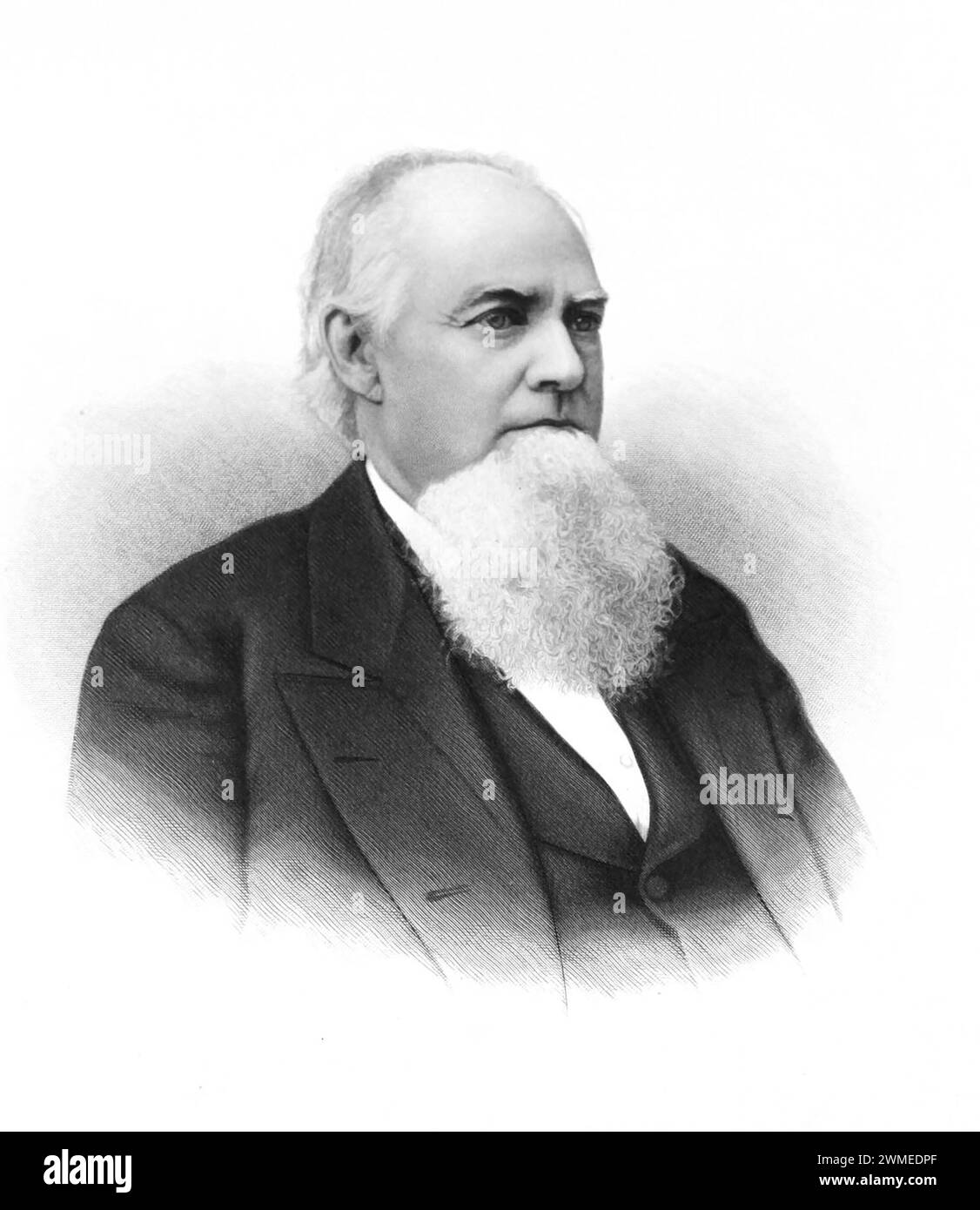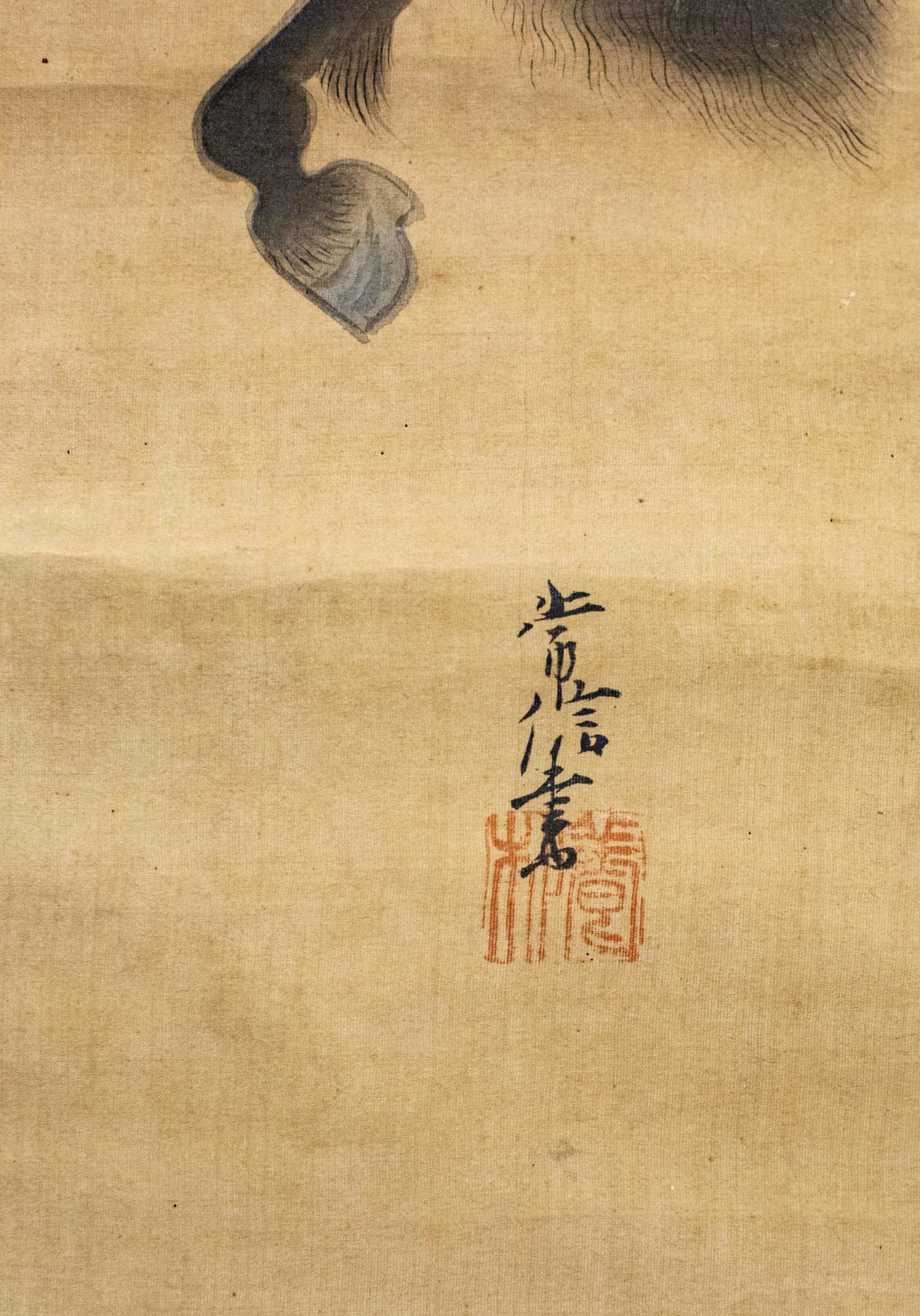We did some analysis, digging information, made Ashikaga Takauji: The Unifier Of Japan In The 14th Century we put together this Ashikaga Takauji: The Unifier Of Japan In The 14th Century guide to help target audience make the right decision.
Transition to main article topics

18th Century Japanese Scroll of Shogun Ashikaga Takauji - Source www.incollect.com
FAQ
Ashikaga Takauji played a pivotal role in shaping the course of Japanese history during the 14th century, leaving behind a legacy marked by both triumphs and controversies. Here are some frequently asked questions that shed light on his life and accomplishments:

President Garfield: From Radical to Unifier – Today - Source today.williams.edu
Question 1: What were the key factors that contributed to Ashikaga Takauji's success in unifying Japan?
Takauji's success stemmed from a combination of military prowess, political savvy, and strategic alliances. He capitalized on the waning power of the Kamakura shogunate and skillfully exploited the internal divisions within the ruling classes.
Question 2: How did Takauji's rule impact Japan's political and social landscape?
Takauji's establishment of the Ashikaga shogunate marked a significant shift in Japan's political structure. He replaced the feudal system with a centralized government, strengthening the authority of the shogunate and weakening the power of the local warlords known as daimyo.
Question 3: What were some of the significant achievements of the Ashikaga period?
The Ashikaga period witnessed a flourishing of Japanese culture and arts. Takauji's patronage of Zen Buddhism and his support for literary and artistic pursuits contributed to the development of a distinctive cultural identity for Japan.
Question 4: How did the Onin War impact the legacy of Ashikaga Takauji?
The Onin War, a civil war that engulfed Japan during the late 15th century, severely weakened the Ashikaga shogunate. It ushered in a period of political instability and social unrest, casting a shadow over Takauji's legacy.
Question 5: What are some of the contrasting views on Ashikaga Takauji's character and leadership?
Ashikaga Takauji remains a polarizing figure in Japanese history. Some scholars view him as a visionary leader who unified Japan and promoted cultural growth, while others criticize his ruthless methods and authoritarian tendencies.
Question 6: How does Ashikaga Takauji's legacy continue to resonate in contemporary Japan?
Takauji's influence is still felt in modern Japan. His political system served as a model for subsequent shogunates and his patronage of the arts continues to inspire Japanese cultural expression.
In conclusion, Ashikaga Takauji's life and accomplishments offer a fascinating glimpse into a pivotal period of Japanese history. His legacy as a unifier and cultural patron remains a subject of debate and admiration, highlighting the enduring impact he had on the shape of his nation.
Transition to the next article section:
Tips
Ashikaga Takauji, the unifier of Japan in the 14th century, employed astute strategies to achieve his objectives. By emulating his tactics, contemporary leaders can navigate complex political and economic landscapes.

James r langdon hi-res stock photography and images - Alamy - Source www.alamy.com
Tip 1: Forge Strategic Alliances
Takauji skillfully formed alliances with influential warlords, consolidating his power and expanding his influence. Leaders should identify potential allies with complementary interests and align with them to augment their own capabilities.
Tip 2: Leverage Diplomacy
Takauji engaged in diplomacy to resolve conflicts and secure support. By fostering open communication channels and seeking mutually beneficial outcomes, leaders can mitigate disputes and build trust.
Tip 3: Adapt To Changing Circumstances
Takauji demonstrated adaptability in the face of adversity. He adjusted his strategies as the political landscape shifted, seizing opportunities and minimizing risks. Leaders must be agile and responsive to navigate unpredictable environments.
Tip 4: Foster Loyalty
Takauji cultivated loyalty among his followers by rewarding their contributions and inspiring their dedication. Leaders should recognize and incentivize loyalty to create a cohesive and motivated team.
Tip 5: Seek External Support
Takauji sought assistance from external sources, such as the Mongol Empire, to augment his resources. Leaders should consider international partnerships and alliances to gain access to additional knowledge, expertise, or material support.
Further insights into Takauji's strategies and their contemporary relevance can be found in the article Ashikaga Takauji: The Unifier Of Japan In The 14th Century.
Ashikaga Takauji: The Unifier Of Japan In The 14th Century
Ashikaga Takauji's life and reign shaped the course of Japanese history. Six key aspects of his legacy include his role as a military leader, his political skills, his patronage of the arts, his influence on Japanese culture, his complex relationship with the imperial court, and his enduring legacy as a historical figure.
- Military Prowess: Takauji's military victories paved the way for the unification of Japan.
- Political Acumen: His political maneuvering secured his position as shogun.
- Patron of the Arts: Takauji's support for the arts led to a flourishing of Japanese culture during the Muromachi period.
- Cultural Influencer: His influence on Japanese culture, including the development of the tea ceremony, is still evident today.
- Imperial Relations: His complex relationship with the imperial court shaped the political landscape of the time.
- Historical Legacy: Takauji's legacy as a historical figure continues to be debated and studied by historians.
Takauji's military prowess, political acumen, and patronage of the arts were instrumental in unifying Japan during the tumultuous 14th century. His influence on Japanese culture and his complex relationship with the imperial court shaped the course of Japanese history. Ashikaga Takauji's legacy as a historical figure continues to be studied and debated, a testament to his enduring impact on Japan.

Ashikaga Takauji Public Statue. Ashikaga Takauji Was the Founder and - Source www.dreamstime.com

japan history - Szukaj w Google Metal Prints, Fine Art Prints, Framed - Source in.pinterest.com
Ashikaga Takauji: The Unifier Of Japan In The 14th Century
Ashikaga Takauji was a key figure in Japanese history, playing a pivotal role in the unification of the country during the 14th century. His rise to power and the establishment of the Ashikaga shogunate marked a significant turning point in Japanese history.

18th Century Japanese Scroll of Shogun Ashikaga Takauji - Source www.incollect.com
Takauji's importance lies in his ability to unite the country after a period of political instability and civil war. Through his military prowess and political acumen, he was able to defeat his rivals and establish a centralized government that would rule Japan for over 200 years.
The practical significance of understanding Takauji's role is that it provides insights into the challenges and complexities of unifying a fragmented nation. His strategies and tactics can be studied to inform modern-day efforts at nation-building and conflict resolution.
Key Insights:
| Cause | Effect |
|---|---|
| Takauji's military victories | Weakening of rival clans and consolidation of power |
| Establishment of the Ashikaga shogunate | Centralized government and stability |
| Takauji's diplomatic skills | Formation of alliances and securing support |
Conclusion
Ashikaga Takauji's role as the unifier of Japan in the 14th century stands as a testament to his leadership, military prowess, and political savvy. His legacy continues to inspire and inform modern-day efforts at nation-building and conflict resolution.
By understanding the challenges and strategies employed by Takauji, we can gain valuable insights into the complexities of unifying a fragmented nation and the importance of centralized government in fostering stability and progress.



